This information pertains to using physics courses taken at other institutions as part of a program of study at the University of Virginia. Note that even if you do not receive official credit for studies at another institution, your work may still enable you to place into a higher-level physics course. If you feel this might be the case, contact a physics advisor or the instructor for the course you hope to place into.
AP/IB Credit
General guidelines for AP credit can be found here, and a summary of credit requirements by disclipine is here. The rules for physics are different for Arts and Sciences and for Engineering. The school of Architecture offeres the same credits as Arts and Sciences. In every case, an exam score of 4 or 5 is required to receive the listed credit:
| AP Exam | Arts and Sciences | Engineering |
|---|---|---|
| Physics 1 | PHYS 1000T (3 credits) | PHYS 1429 (1 credit) |
| Physics 2 | PHYS 1000T (3 credits) | PHYS 2419 (1 credit) |
| Physics C (Mechanics) | PHYS 1425 (3 credits) | PHYS 1425 (3 credits) |
| Physics C (E&M) | PHYS 2415 (3 credits) | PHYS 2415 (3 credits) |
A credit award of PHYS 1000T provides the listed credit value towards graduation requirements, but does not qualify as any specific UVa course.
General guidelines for IB and other international college-level exams can be found here. A score of 5 or better on the higher-level IB Physics exam qualifies as credit for PHYS 2010 and PHYS 2020 (6 credits total).
Taking Transfer Courses While at UVA
Rules for transferring credit are different for Arts and Sciences and for Engineering. Policies for other UVA schools may vary, students should check with their advisors or registrar's office. Additional information specific to transfer credit from the Virginia Community College system is provided here.
Do be aware that you should always obtain approval of transfer credit before you take a course at another institution. Both CLAS and SEAS provide a listing of pre-approved transfer equivalencies:
If a class you are interested in is on the appropriate list, then you can take it and obtain the stated UVa credit. If the class is not listed, then the course must be reviewed by the Physics Department. Contact the Physics DUP to initiate this process. To qualify for equivalency credit, the content of the transfer course must be essentially the same as that of a UVA course. Guidelines for introductory physics course content are available here:
Transferring into a Physics Major
If you are transferring to UVa and plan to major in Physics, contact the Physics DUP at your earliest opportunity to discuss your options and requirements. If possible, schedule an advising appointment prior to registering for your first semester classes.
Study Abroad
Studying abroad can be an enriching part of the college experience. One way to pursue this option as a physics major is to spend a summer doing research at a foreign institution. Spending an academic semester abroad is relatively straightforward for majors in the BA program, but can be more challenging for BS majors due to the more rigorous curriculum. However, it is quite possible and can be very much worthwhile. Important general information about education abroad can be found here.
It is essential to start planning early, to make sure you can complete the coursework for your major. Discuss with your physics advisor what courses you may be able to take abroad and receive major credit for. Recent physics majors have spent semesters at St. Andrews, Bath and Edinburgh (all UK), and at Canterbury (NZ). The Society of Physics Students is a good resource for advice from students who have had this experience.
Return to Undergraduate Program page
 Physics at Virginia
Physics at Virginia